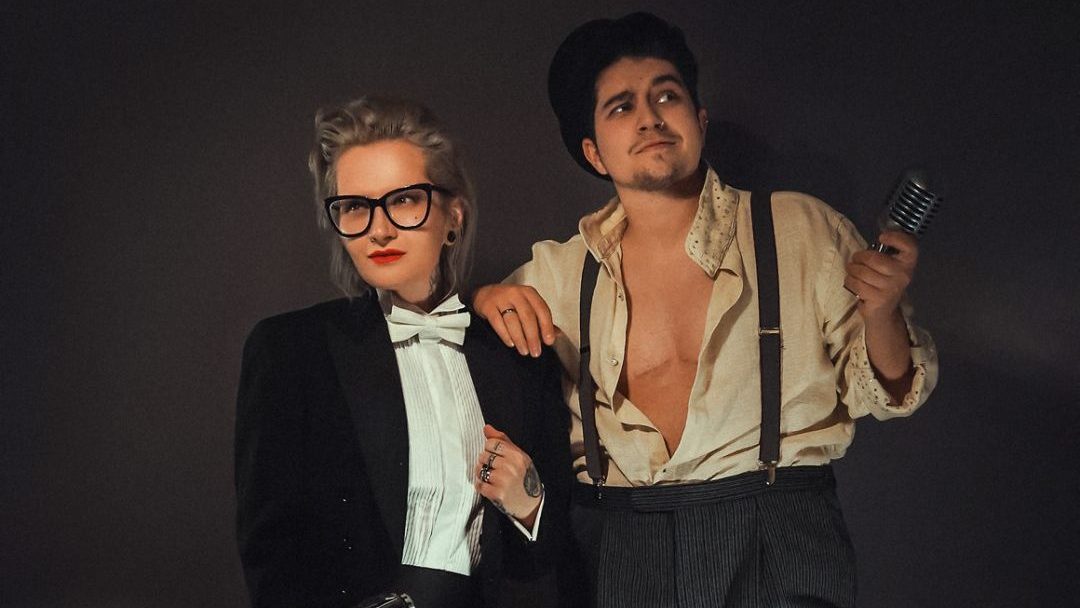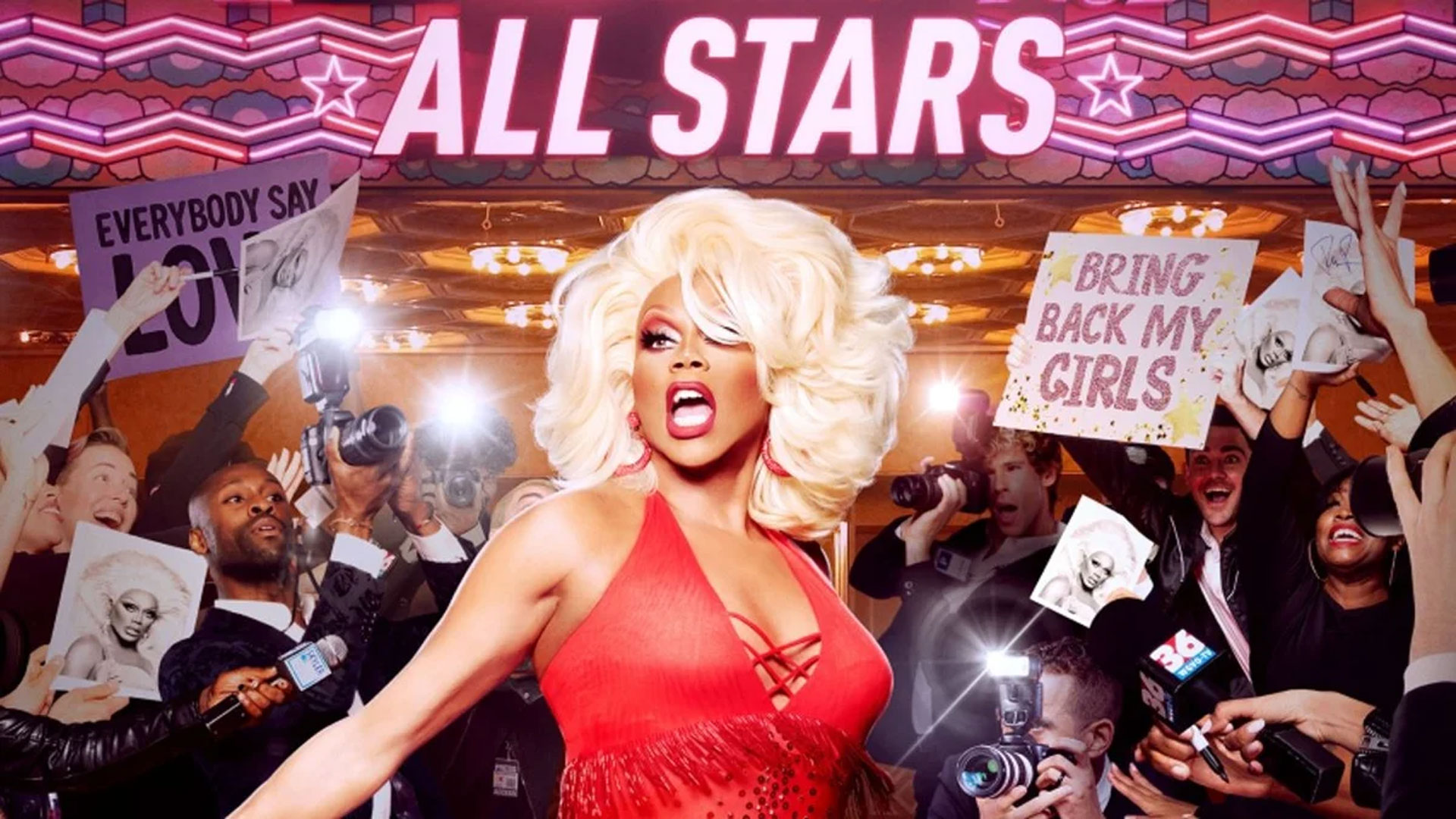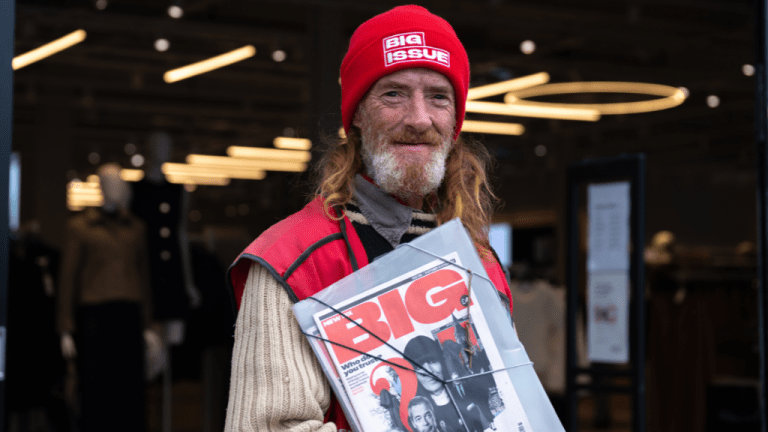I’ll start off by saying that RuPaul’s Drag Race was my first real experience of drag. At university, as I was starting to uncover my queer identity, I watched every season and found myself inspired and uplifted by the sight of queer stories on screen.
RuPaul’s Drag Race is the reason I know about drag, it’s the reason most people know about drag. It’s one of the main reasons that it’s even possible for some people to be full-time drag performers, to gain access to spaces and platforms that were never open to them before. What Drag Race didn’t give me, though, was the idea that there might be space for me in that world, that I could be more than a spectator being inspired by someone else’s story. It didn’t tell me about drag kings, non-binary drag, and what I believe to be the best and most fundamental truth about drag: that anyone can do it. Drag Race introduced me to drag – but real, live drag shows changed my life.
- How world’s first drag troupe with Down’s syndrome is breaking boundaries for people with disabilities
- Drag Race UK’s The Vivienne: ‘The more we’re honest with life, the better’
I think it’s possible to acknowledge the good that things do, while also being honest about the negative sides. And there are negative impacts of the show, particularly on the prospects of drag performers who don’t fit its often-narrow definitions of what drag is.
Drag existed before RuPaul’s Drag Race. It’s been a central part of the queer community for centuries, a space for entertainment, gender experimentation, safety, family and protest. The problem is, when you’re a performer like me, who is lucky to have spent years experiencing the full range that cabaret has to offer, you can see RuPaul’s Drag Race for what it is – a representation of some of the drag that’s out there. However, if RuPaul is your only reference point, you may be under the impression that that’s all drag is – and it becomes an often-unattainable benchmark that all performers are compared against.
What you see on Drag Race, I would describe as drag with a filter – it’s polished, expensive, commercial. It’s thousands of pounds worth of makeup, couture costumes, elaborate wigs, displayed by, for the most part, the most glamorised and most often celebrated kinds of queer bodies – cis, male, able-bodied and lean. It’s drag as an exhibit. It’s full of creativity and artistry, yes, but it’s missing the edge and the energy of drag artists pushing boundaries and making art in grubby underground clubs, the endless range of expressions and bodies and performance styles that fill LGBTQ+ venues across the country. Most of the queens on the show came from these spaces, but they are just a part of a much wider scene that is mostly left behind.

I’m trans-masculine and non-binary, and I’ve been a drag king and boylesque performer for eight years. It’s my full-time job and I love it, I’m very lucky to be able to do something I enjoy for a living – however, as someone who doesn’t tick almost any of the Drag Race boxes, it’s been an uphill battle to get opportunities that have come much more easily to my drag queen siblings.









